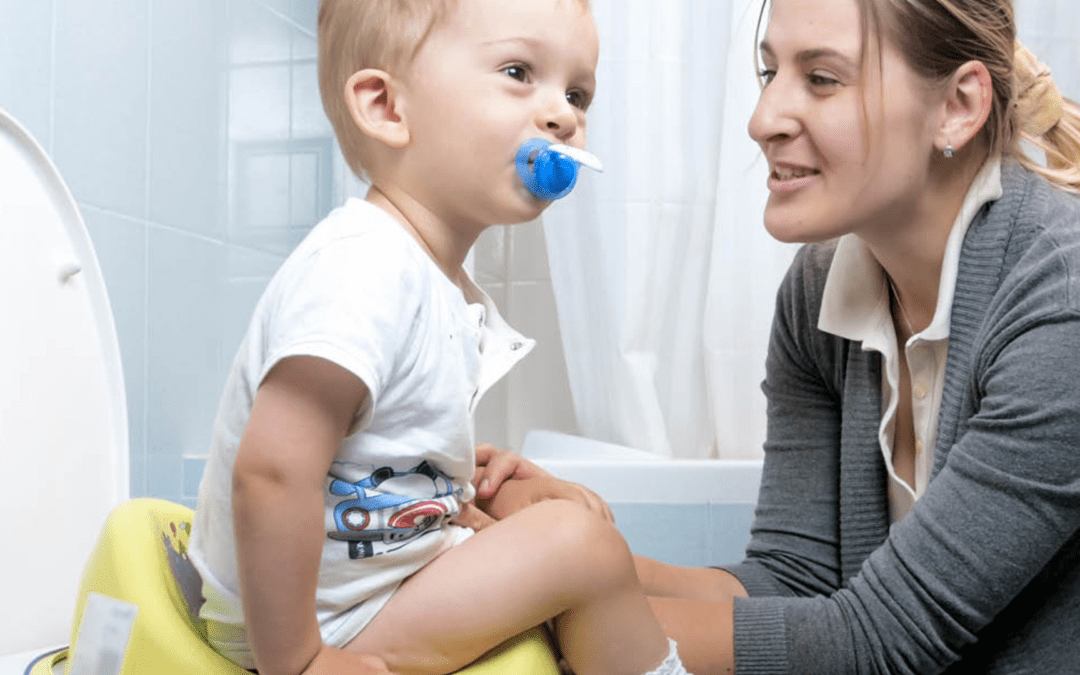Preparing for Potty Training
Preparing for potty training is a crucial step in helping your child with autism achieve this essential life skill. A well-planned approach can make a significant difference in the success of the training process. Begin by gathering all necessary materials, such as a potty chair, training underwear, and a step stool. Create a potty schedule to establish a routine, and ensure the bathroom is a safe and inviting space. Remember, patience and consistency are key.
Determining Readiness
Determining your child’s readiness for potty training is vital. Look for signs of physical readiness, such as the ability to remain seated for up to five minutes on the toilet, staying dry for extended periods, and following simple instructions. Behavioral readiness signs include showing interest in the toilet, meeting emotional and psychological needs, and getting barriers and behaviors to a lower level. Each child is unique, so it’s important to recognize and respect their individual pace.
Creating a Supportive Environment
Creating a supportive environment is essential for successful potty training. Ensure that the bathroom is accessible and safe for your child. You can make the bathroom a fun and enjoyable experience by using visual aids, such as pictures or symbols, to help your child communicate their needs. Make sure to have all the necessary materials, such as training underwear, a stool, and rewards, readily available. A positive and encouraging atmosphere can significantly enhance your child’s willingness to participate in the process.
Understanding Autism and Toilet Training
Understanding how autism affects toilet training is crucial in developing an effective training program. Children with autism may face unique challenges that require tailored strategies and approaches.
How Autism Affects Toilet Training
Autism can affect toilet training in various ways. Children with autism may experience difficulties with communication, sensory issues, and anxiety or fear of the toilet. They may also have physical difficulties, such as constipation or bowel obstruction, that can hinder the training process. It’s essential to rule out any medical concerns, dietary issues, or physical difficulties before starting toilet training. A Board Certified Behavior Analyst (BCBA) can help you develop a personalized toilet training program that addresses your child’s unique needs and challenges. By understanding these factors, you can better support your child through their toilet training journey.
For children with autism, potty training can be challenging. It can take a long time, and for various reasons because each child is different. Knowing these reasons can help you to figure out what your child needs.
Here are some reasons they may be find it difficult:
- Physical: There may be a physical or medical reason for their potty challenges.
- Language: They may have communication or language difficulties, so asking to use the loo may be out of the question.
- Dressing: They may not have their dressing skills up to scratch yet, so pulling down their pants may be difficult.
- Body cues: They may not be aware that they even need the loo.
- Fears: Some children may be scared of the toilet flushing or sitting in there alone.
These are all things you must take into consideration when potty training your child with autism. They’re going to need extra support and strategies adjusted to suit their needs.
You can use the following three strategies to help your child with autism get comfy on the potty or toilet:
- encouragement and rewards
- visual supports
- social stories.
It’s a good idea to try a combination of these strategies to see what works best for your child, because every child is different.
Please Note: The content of this blog is for informational purposes only and should not be considered a substitute for professional medical advice, diagnosis, or treatment. Consult a qualified healthcare professional for personalized guidance tailored to your specific situation.
Join Our Weekly Newsletters!
Subscribe now to stay updated with our latest email updates.

A Belief In Every Child’s Potential
Autism Center of Excellence understands each child’s unique needs and our programs are developed while keeping your child top of mind.
Start your child’s specially developed program for Autism Spectrum Disorder (ASD) to increase communication, social interaction, safety awareness, and independent living skills while reducing challenging behaviors.

